When I played the game Final Fantasy 8, I was passionate about being a cool teenage – immersed in the fear of existentialism while putting on cool clothes and making friends with moody-looking guys.
“I’d like to get Rinoa’s haircut,” I remember thinking, “and train a dog to launch off my arm like a crossbow bolt.” At that time, I was eleven years old and easily influenced.
1999 PlayStation game of Squaresoft merchandises series staples such as princesses and castles for mercenaries and military academies, creating a bizarre balance between sci-fi technology and magic spells. While retaining plenty of recognizable features of the Final Fantasy franchise, it diverges sufficiently from its forerunners to gain its position as the “black sheep” of the Final Fantasy family. The game contradicts in many ways, the amalgamation of memorable characters, technical achievements and extraordinary plot twists made a strong hunch on me. Twenty years later, I am still under the impression of them.
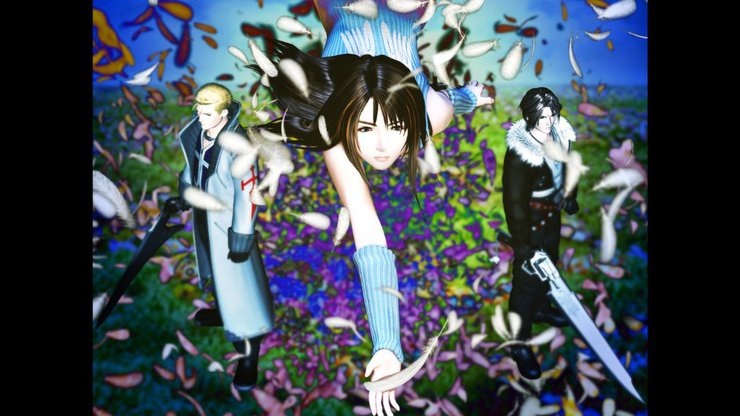
“In spite of the extensive romance promoted in its authorized logo, the title is eventually a coming-of-age plot.”
In spite of the extensive romance promoted in its authorized logo, the title is eventually a coming-of-age plot. It is about an unorganized group of undergraduate mercenaries in the efforts against a wicked witch who preoccupied with time compression and rescue the world.
FF8’s genre mashup is the precursor of memorable sequences such as “There’s a monster who bankrolled our school and he lives in the basement,” and, “Your girlfriend is possessed by a sorceress from the future in a space station, what do you do?”.
The original version of PlayStation extends four discs while each one conveys a set of mistrustful obstacles as well as plot devices. Invading a presidential car sound cool, yet what if all party’s guests passed out in a robbery then had a shared dream? Likewise, what if the dream was not a dream, yet it was actually something else?
I accepted the whole of this without hesitation or question as the way I did with other games I played when I was a child. Now, I look back on the moments and find both fond and inconceivable. What a weird mix of feelings! When the leading character Squall Leonhart as well as his party surrender to puzzling spells, they experienced shared dreams which take place about one decade prior to the Sorceress War. The protagonist takes on the role of the character Laguna Lire, a foolish but kind soldier as well as ex-journalist. Laguna is adorable. There is a long scene which is dedicated to summoning up the bravery to chat with an attractive lounge singer, that is unfortunately cut short by an unpleasant leg cramp. The character ultimately has to back to his seat.
He is the entire opposite of the protagonist in many ways. While Squall is quite aloof and frequently dubious of others’ intentions. Laguna is such a sentimental character. Throughout the dream series, players are allowed to see the commentary of Squall on the events that Laguna experience in the timeline. It is quite clear that Squall thinks Laguna is an entire idiot. And what’s hilarious is that this idiot is his father even though both of them do not know it.
I am still amazed that one of the game’s important revelations is not still made explicit. Clues exit, for instance, Squall’s time when he lives in his orphanage or the friendship with Ellone, a girl he met in childhood. However, the players never get full satisfaction, the juicy moment that everyone is looking forward when Laguna and Squall come face-to-face with the realization. In the end, they cross paths each other without being aware of their family relationships. Squall even wonders how Laguna became the Esthar’s president. It is hilarious, sure, but sad. At the end of the plot, Laguna visits the grave of his wife as well as recalls the night that he asked her to marry him. There is a written line on her tombstone “Raine Loire”, changed from the unmarried name, Loeonhart; however, to which is never referred in-game.
Squall himself appears as a huge deviation from foregoing Final Fantasy protagonists. At first, he is a seventeen-year-old guy who is alone at a military school, called “Garden”. He often responds to everything with “…Whatever”. He is quite alike to Cloud Strife in Final Fantasy 7 to some extent, a sullen and terse boy who does not like to depend on others. However, different from un FF7, we are able to access to every insecurity and inner thought of Squall. Even when Squall was praised by his superiors as well as comrades, he still doubts his validity as well as declines every praise he gets. His crucial childhood glimpses and flashbacks into scenes of bullying, loneliness, and abandonment made me felt strongly resonated. Not only were these things related to me, but it is rare that a game character deals with these issues. It could be undemanding to describe Squall as a teen who often fell dejected. However, looking back at that time, I felt sympathy for him. Squall is an enormous departure from the character Cloud, that never articulated emotional struggles when he encounters the most terrible situations.
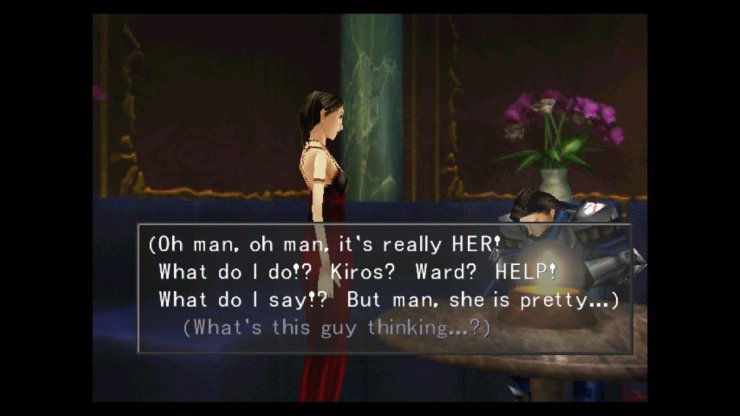
“FF8’s earnest heart and dramatic escalation make it the game which shines among its medieval counterparts”
This storytelling kind points out how different the game was from the predecessors. FF8 launched after Parasite Eve, a video game which is based on a sci-fi novel. It is a great time of experimentation for Squaresoft. Apart from the shift of the storyline, the manufacturer took huge mechanical as well as visual risks with the game. It is notable that for the first time, CG cutscenes was introduced to the game. The characters are developed to full-scale from mini-pixelated fairies and blocky figures of the SNES eras. A new fight system likewise emerged. As a result, those risks have been paid off: the game still is the 2nd best-selling in the franchise. It has reached 8.8 million copies sold globally.
In spite of the huge sale number, it is likely that a remaster would not emerge soon. For years, it is rare to meet someone who defends this title like me, I occasionally felt embarrassed to mention that FF8 is my best-loved Final Fantasy. However, these days, close to the game’s 20th anniversary, I am glad to see how many fans share my feelings with this game. We share favorite screenshots and memories. We may not personally know each other; however, we share an immediate kinship. We have lived it as well as survived entire the game’s four discs.
Enduring fanbase shows that FF8’s high dramas, contradictions along with outrageously charming world-building are able to stand the harsh challenge of time. FF8’s earnest heart and dramatic escalation make it the game which shines among its medieval counterparts
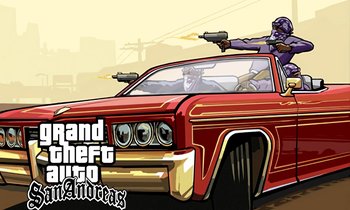
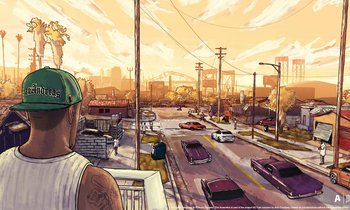

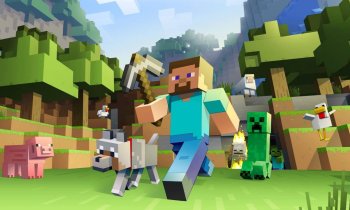
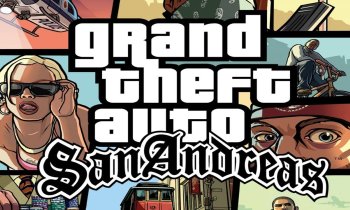





Comments